COT
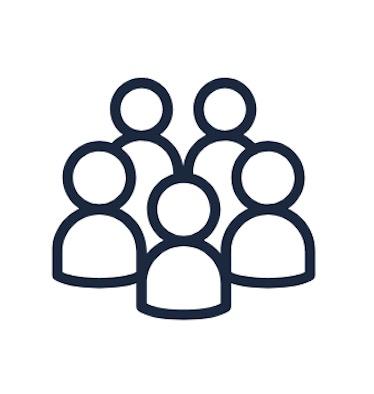
Relationships with peer organizations, local CBOs, coalitions and networks.
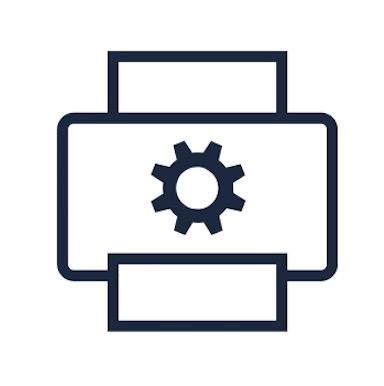
Expertise in non-formal learning and education principles. In addition to Knowledge of the United Nations Sustainable Development Goals (SDGs).
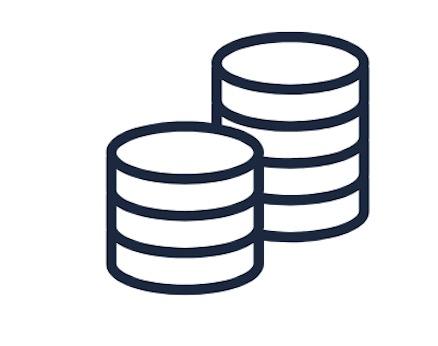
Resources, including funding, staff, and partnerships.
COT

Innovative educational programs, training sessions and approaches for youth, women, and children.
Ibtikar works jointly with local and international partners to identify opportunities to improve its internal operations, programs and relationship with the educational and entrepreneurshin|Deasyctems.
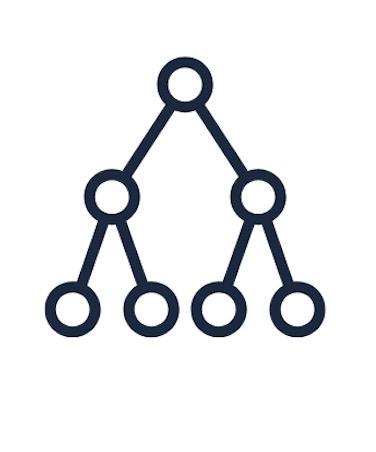
Ibtikar identifies local and int. organizations that advance justice, equity and opportunity for children, women and youth - focusing on areas like Education, Gender Equity, psychosocial wellbeing and socio-economic wellbeing, as a first step to collaborations and grass-root advocacy efforts.
COT
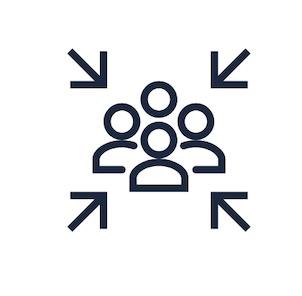
- Improved quality standards in the Palestinian educational system.
- Enhanced capacity, skills, and entrepreneurial mindsets among beneficiaries.
- Increased civic engagement and active participation in community InitIatives.

Strengthened intercultural understanding and positive relationships.
Development of youth and women-led social entrepreneurial ideas and small projects.

Ibtikar improves its organizational aspects - like leadership, monitoring and evaluation and safeguarding - that makes it stronger agent of change.
COT
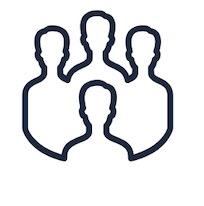
Sustainable community spaces for empowerment
Positive, fair, and sustainable social change.
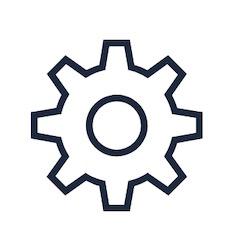
Inclusive educational and entrepreneurship ecosystems for Palestinians.

- Empowerment of women to take leading roles in their communities.
- Socioeconomic improvement among Palestinians.
COT
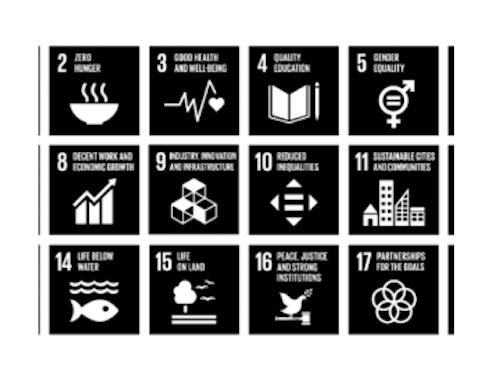
- Fulfillment of the United Nations Sustainable Development Goals.
- Enhanced psychosocial well-being of beneficiaries.
- Combating negative stereotypes and fostering social cohesion.
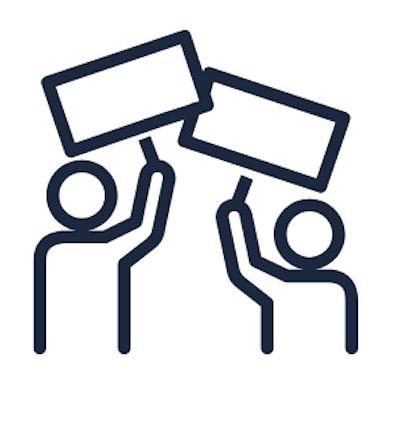
- Creation of an enabling environment for positive change.
- Contribution to the overall well-being and development of communities.
- Children, women, and youth are empowered and their families and communities support them in exercising their rights
- The economic, political and social environment is conducive to partners sustainability.
- The most effective way of changing the lives of human beings is to focus on developing holistic well-being through a human-rights-based approach.
- Partners can significantly influence children, youth, families and communities.